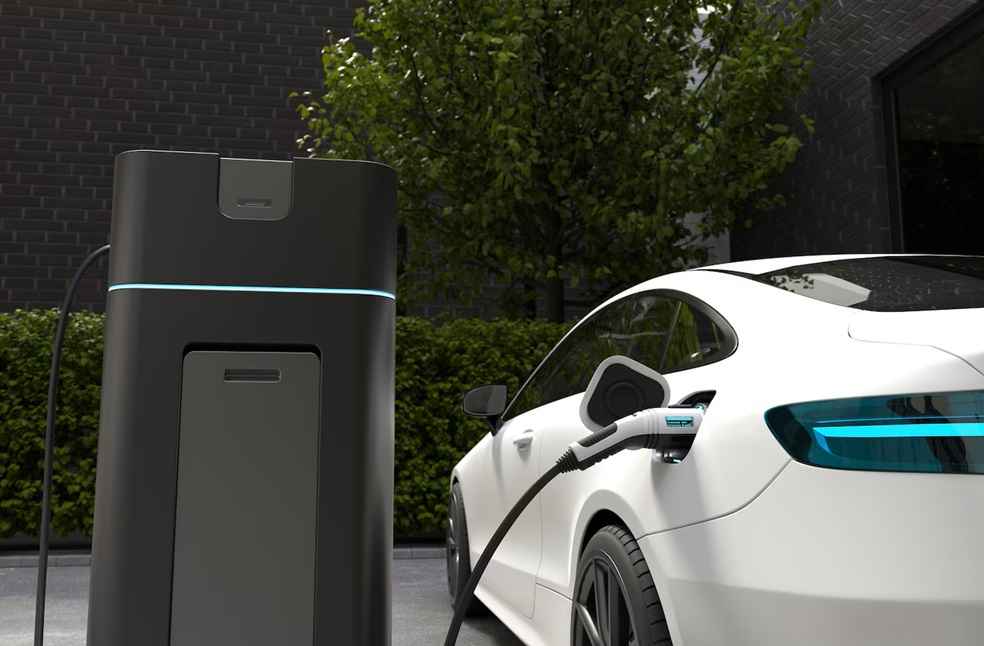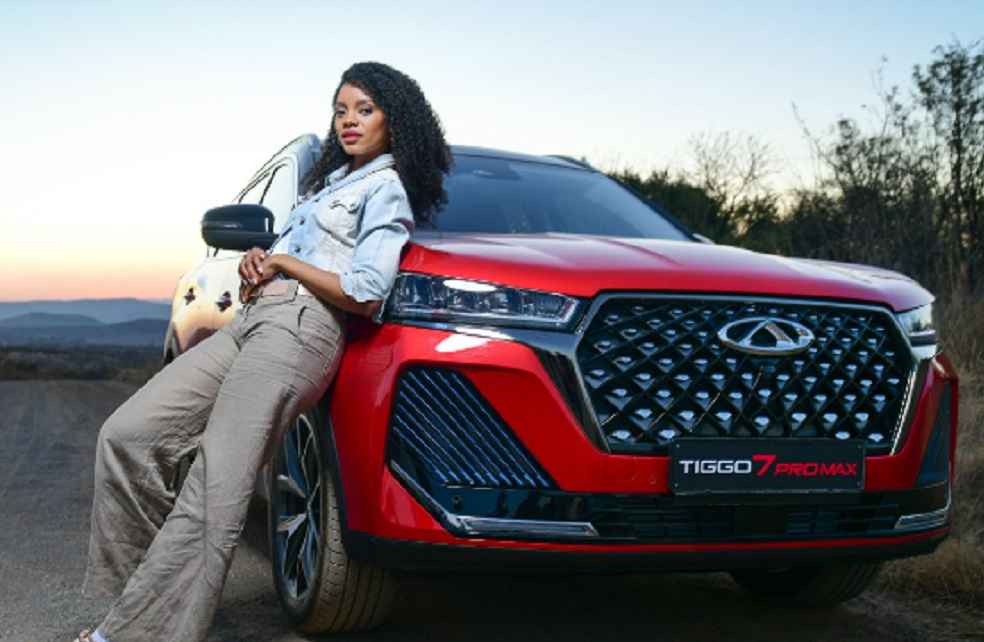Family practicality has emerged as the leading factor influencing car buying in South Africa, according to new research by KLA using YouGov Profiles.
The study found that while consumers increasingly recognize the importance of sustainability, traditional preferences, such as engine power and vehicle reliability, continue to dominate decision-making.
The survey revealed that 80% of South Africans prefer cars with powerful engines, indicating that performance remains a key purchase driver despite rising environmental awareness.
“Despite the global shift toward greener driving, many local consumers still associate engine performance with value,” said Rakhee Naik, Managing Consultant, Insights at KLA. “For some, it’s about the thrill of driving; for others, it’s about dependability on South African roads and terrain.”

The appeal of powerful engines spans generations. Younger buyers tend to view performance vehicles as aspirational symbols of success, while older consumers link engine strength to durability and practicality, particularly for carrying loads and navigating diverse terrains.
At the same time, optimism around electric vehicles (EVs) is growing. About 72% of respondents believe EVs represent the future of the automotive industry.
This sentiment contrasts sharply with behavior, as 71% still prefer petrol-powered cars due to infrastructure gaps, affordability challenges, and familiarity.
“While the appetite for EVs is growing, actual uptake remains low due to practical constraints,” Naik explained. “Now is the time to build education-focused EV campaigns addressing range anxiety, charging infrastructure, and long-term cost savings.”

Generational differences were also evident in attitudes toward EV adoption. Younger consumers, driven by environmental awareness and technological fluency, are more open to switching to electric vehicles.
Older drivers, while appreciative of innovation, remain hesitant due to range limitations and the lack of a robust charging network.
Environmental concern is another factor shaping behavior. 62% of respondents agreed that “we should all drive less to save the environment,” signalling a broader shift toward sustainability.
Many South Africans still rely heavily on private cars due to limited public transport infrastructure, long commuting distances, and safety considerations.
The findings suggest that consumers today are looking for vehicles that combine reliability, family readiness, and innovation. They value performance hybrids, smart features, low running costs, service support, and environmentally responsible engineering.

“The consumer journey is changing, and so must the way we talk about cars,” Naik noted. “Segment your messaging by life stage, not just income. Understand how different generations use and think about their vehicles.”
The report recommends that automotive brands highlight versatility, space efficiency, and safety when targeting families. Even in a market increasingly conscious of climate change, performance specifications should be showcased alongside fuel efficiency to attract a wide demographic.
For EVs, brands should prioritize awareness campaigns while continuing to position petrol and hybrid models as reliable and affordable options for current market conditions.
Ultimately, the study portrays South Africa’s car market at a crossroads, balancing tradition and transformation. While internal combustion engines continue to dominate, eco-awareness, EV optimism, and generational shifts are shaping the road ahead.
“The brands that thrive in this environment will be those that balance realistic reliability with bold innovation,” Naik concluded. “They must help consumers feel informed, supported, and excited about what’s next.”
GENERAL | Volvo Debuts New EX30 Single Motor and Cross Country Variant in U.S.





